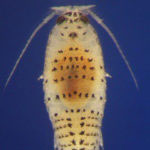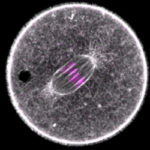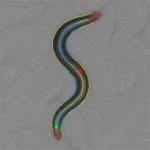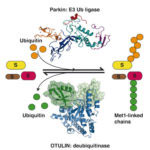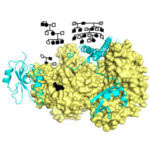
Work led by Sergey Nejentsev and Alison Condliffe from the University of Cambridge, in collaboration with Roger Williams’ group in the LMB’s PNAC Division and Klaus Okkenhaug’s group at the Babraham Institute has discovered a rare genetic disease which predisposes patients to severe respiratory infections and lung damage.
